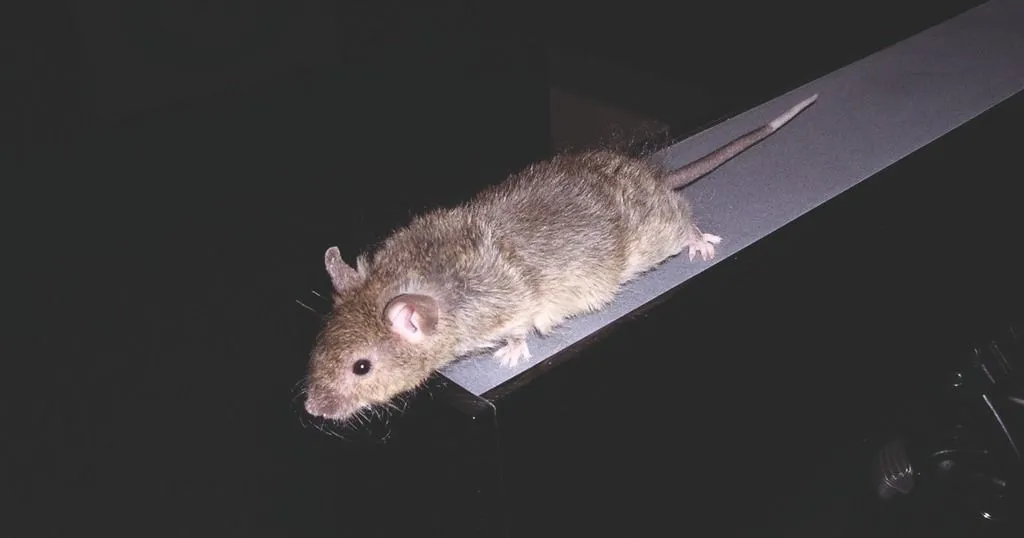Antidepressants during pregnancy: effects on offspring social behavior
Many depressed women struggle with this: can I use antidepressants during pregnancy? The lab of Jocelien Olivier studies the effects of SSRI's on offspring behavior in an animal model.
Posted by
Published on
Tue 31 Mar. 2020
Topics
| Depression | EthoVision XT | PhenoTyper | Social Behavior Research | The Observer XT |
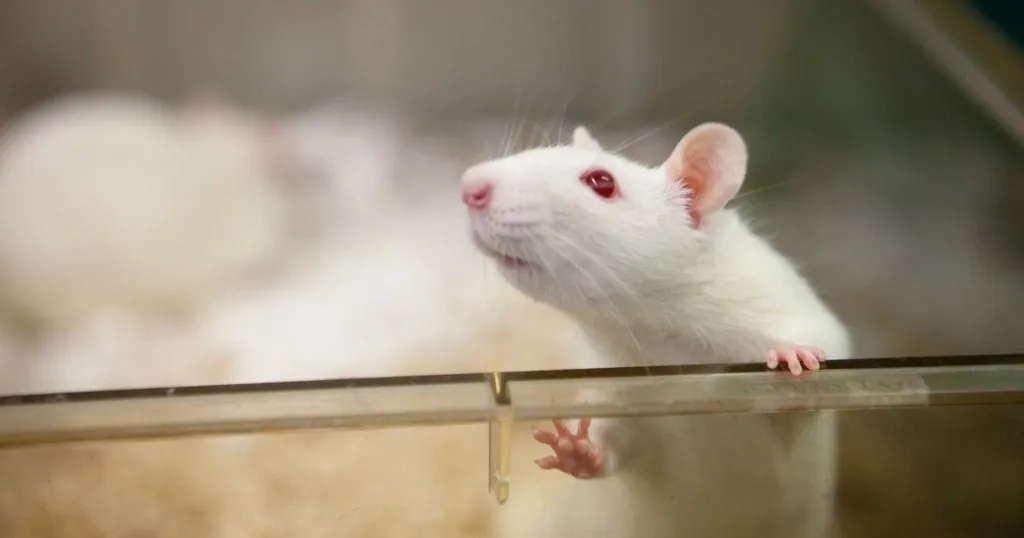
Today, we have another guest blog post for you. Danielle Houwing is kindly sharing her experiences using PhenoTyper and The Observer XT in her research on the use of antidepressants during pregnancy. Enjoy reading!
Depression and antidepressant treatment during pregnancy
During pregnancy, about 1 in 5 women experience depressive symptoms, resulting in a major depression in about 5% of pregnant women. Many depressed women struggle whether to initiate or continue antidepressant treatment during pregnancy.
Selective serotonin reuptake inhibitors (SSRIs) are the most frequently prescribed antidepressants as they have been considered relatively safe for both mother and child. However, SSRIs cross the placenta and are evident in breast milk, reaching the developing child.
The consequences of depression and medication on child development
Both maternal depression and SSRI antidepressant treatment have been associated with changes in neurodevelopment of the offspring. For example, taking SSRIs during pregnancy has been associated with an increased the risk for the child to develop a social disorder such as autism spectrum disorder [1], but effects may be the result of the underlying depression [2].
So far, clinical studies have been unable to completely separate the effects of the SSRIs from the effects of the underlying maternal depression. Using an animal model of maternal depression, we were able to dissociate these effects.
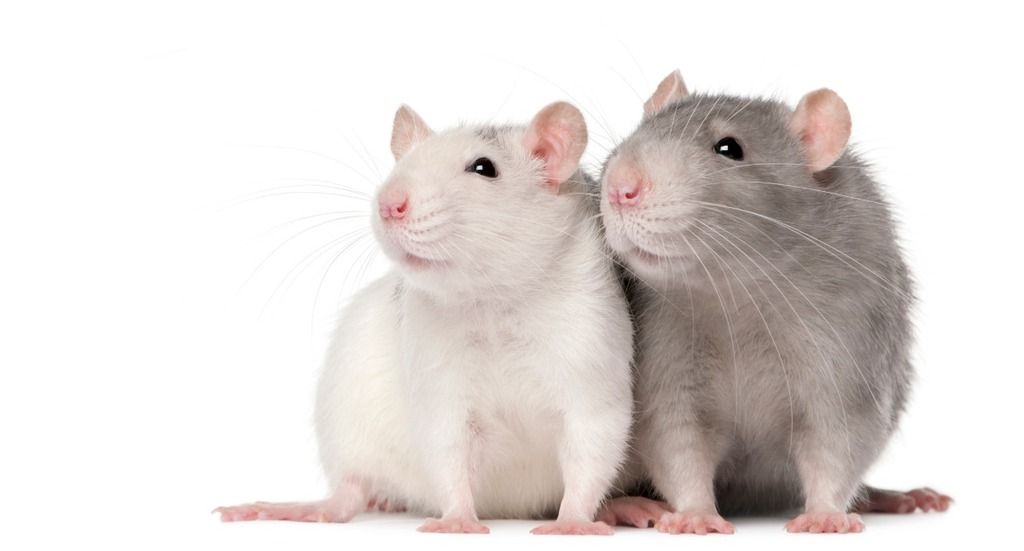
An animal model of depression
In the lab of Jocelien Olivier at the University of Groningen, we developed an animal model for depression. This animal model is based on the assumption that humans with lower gene expression levels of the serotonin transporter (SERT) are more susceptible to stress and have an increased risk to develop mental disorders after repeated exposure to stressful (early) life events. Therefore, we exposed female rats with reduced SERT gene expression to early life stress, which induced a depressive-like phenotype later in life [3].
Treatment with selective serotonin reuptake inhibitors
Subsequently, both healthy and depressive-like female rats were treated with the SSRI fluoxetine (FLX) or a placebo throughout pregnancy until weaning of the pups. This way, we could study the effects of the maternal depression and FLX treatment, both separately as well as combined, on offspring social behavior.
Assessing offspring social behavior
We tested male and female offspring in various tests for social behavior, including juvenile social play behavior and adult social interaction. Social play behavior was tested at 4-5 weeks of age. Animals were matched with a same sex and same treated partner and were allowed to socially interact in PhenoTyper cages for 15 minutes under red light conditions.
FREE TRIAL: Try The Observer XT yourself!
Request a free trial and see for yourself how easy behavioral research can be!
- Work faster
- Reduce costs
- Get better data
Social (play) behavior
Play behavior was videotaped from above using an infrared camera in the PhenoTyper top unit and four couples in different cages were tested at the same time (Figure 1). Characteristic play behaviors such as pouncing and pinning were manually scored using The Observer XT. At 10-11 weeks, adult animals were again tested for social interactions with the same play partner and adult social behavior was scored using The Observer XT.
Antidepressant treatment reduces offspring social behavior, sex dependently
Our results showed that offspring from mothers treated with FLX antidepressant are considerably less social than offspring from placebo treated mothers. More specific, FLX treatment of the mother lowered juvenile social play behavior in both sexes, while the combination of FLX treatment and the depressive phenotype of the mother reduced social play behavior in male offspring, but not in female offspring [4].
Social effects less pronounced later in life
The observed effects of FLX treatment were still present, but less pronounced for adult social interaction in male offspring and were completely absent in female offspring.
A considerable impact
Overall, the present study agrees with clinical work showing that FLX treatment during pregnancy increases the risk for children to develop a social disorder, as we found a considerable impact on social behavior in rat offspring as well. Effects are especially evident in male offspring, suggesting that they are more vulnerable to the FLX treatment than female offspring.
Making informed decisions during pregnancy
These findings provide new information on the effects of SSRI treatment during pregnancy on offspring neurodevelopmental outcome, which can help pregnant women that are suffering from a depression during pregnancy, as well as their physicians, to make more informed decisions about the initiation or continuation of antidepressant treatment.

References
- Andalib, S., Emamhadi, M. R., Yousefzadeh-Chabok, S., Shakouri, S. K., Høilund-Carlsen, P. F., Vafaee, M. S., et al. (2017). Maternal SSRI exposure increases the risk of autistic offspring: A meta-analysis and systematic review. Eur. Psychiatry 45, 161–166. doi:10.1016/j.eurpsy.2017.06.001.
- Brown, H. K., Hussain-Shamsy, N., Lunsky, Y., Dennis, C. L. E., and Vigod, S. N. (2017). The association between antenatal exposure to selective serotonin reuptake inhibitors and autism: A systematic review and meta-analysis. J. Clin. Psychiatry 78, e48–e58. doi:10.4088/JCP.15r10194.
- Houwing, D. J., Ramsteijn, A. S., Riemersma, I. W., and Olivier, J. D. A. (2019a). Maternal separation induces anhedonia in female heterozygous serotonin transporter knockout rats. Behav. Brain Res. 356, 204–207. doi:10.1016/j.bbr.2018.08.031.
- Houwing, D. J., Staal, L., Swart, J. M., Ramsteijn, A. S., Wöhr, M., de Boer, S. F., et al. (2019b). Subjecting Dams to Early Life Stress and Perinatal Fluoxetine Treatment Differentially Alters Social Behavior in Young and Adult Rat Offspring. Front. Neurosci. 13, 1–15. doi:10.3389/fnins.2019.00229.
Related Posts
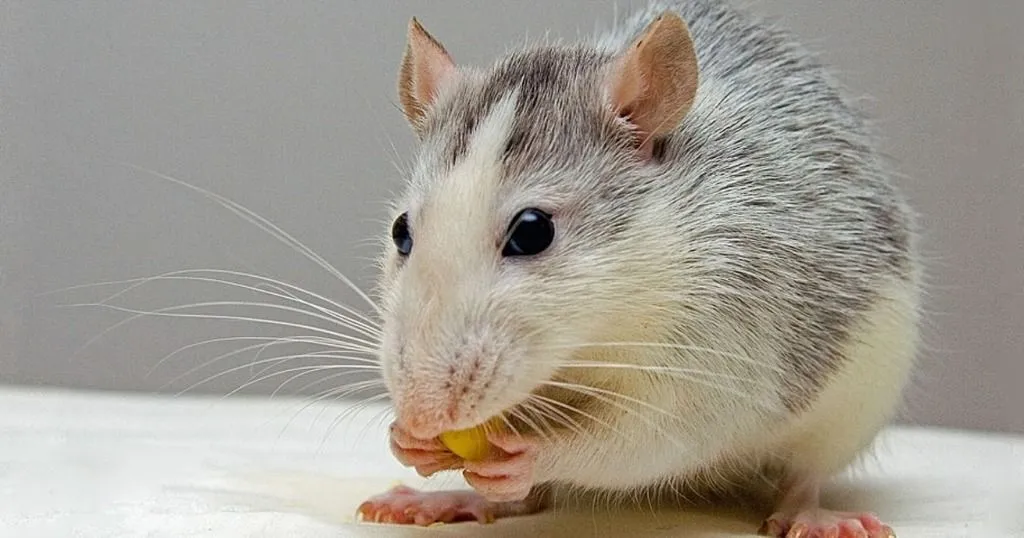
Is a unique calcium regulating mechanism a cause of Gulf War Illness?
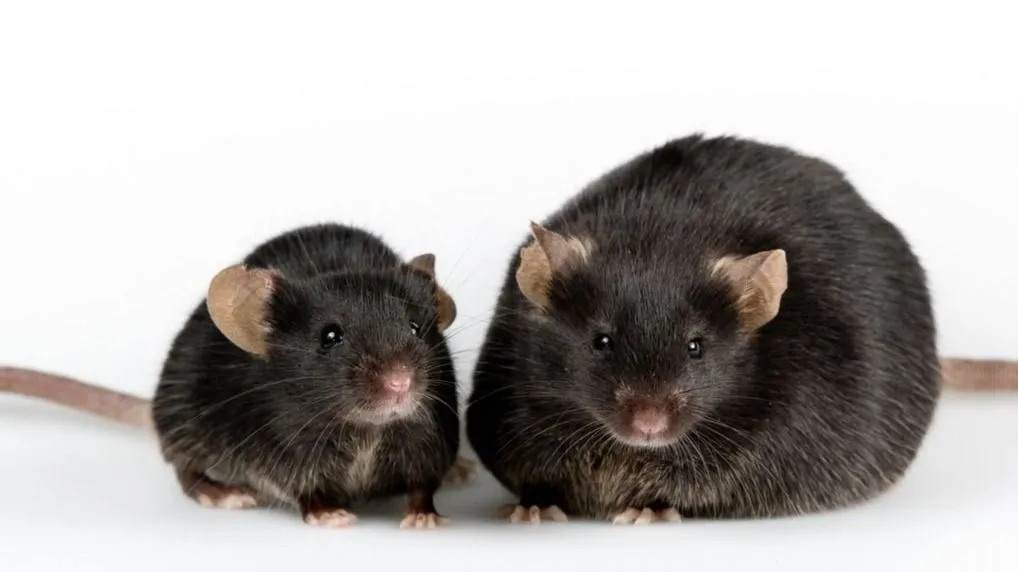
Does obesity cause anxiety?
